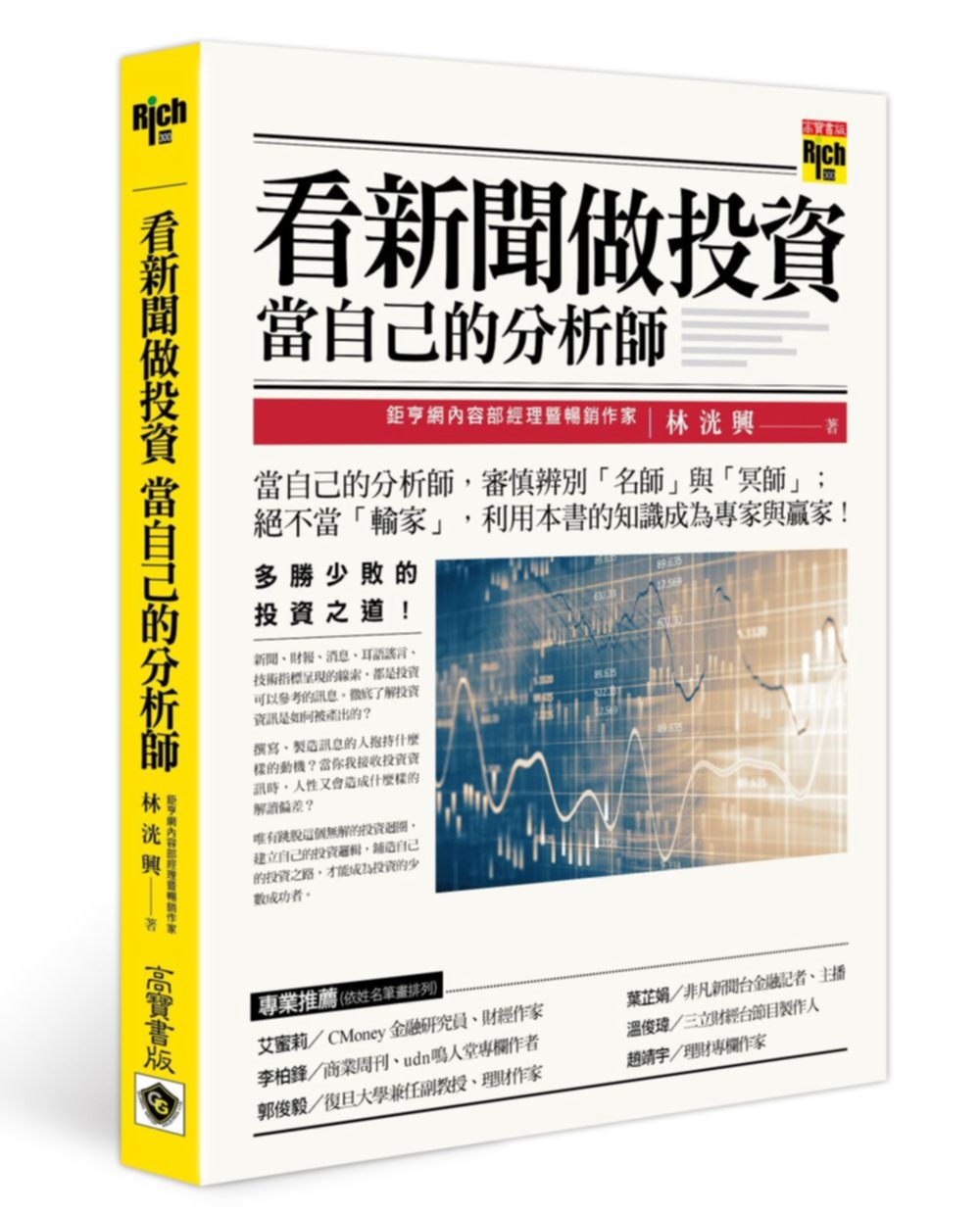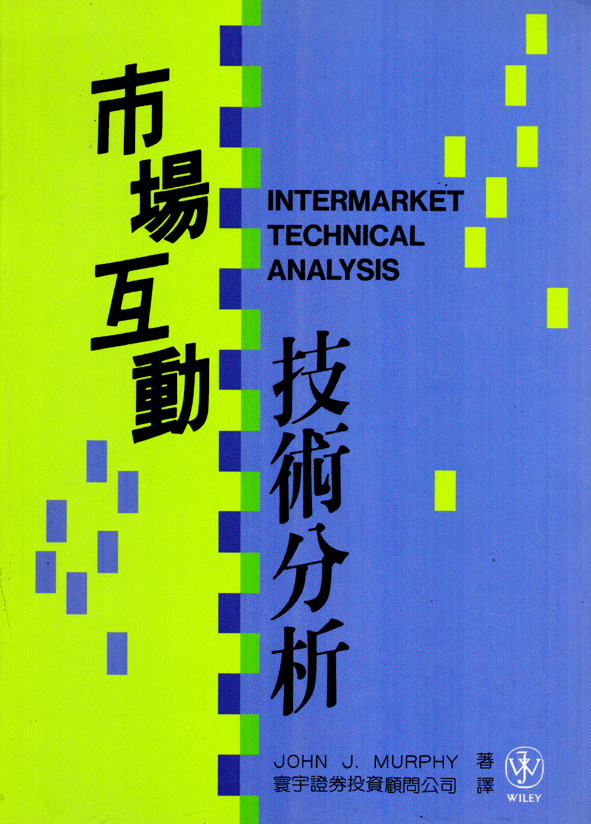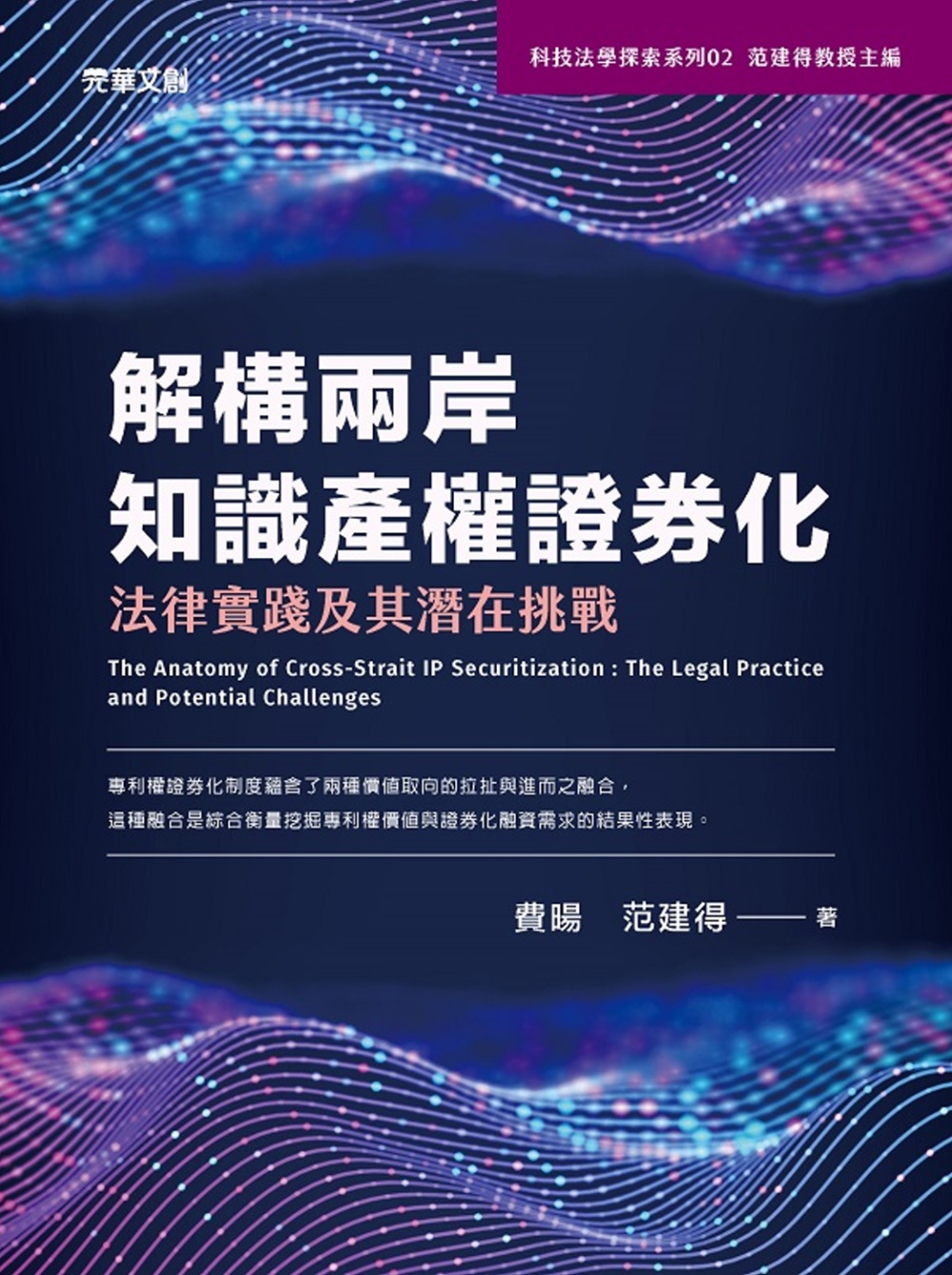Smart Log Data Analytics: Techniques for Advanced Security Analysis | 如何做好生意 - 2024年5月

Smart Log Data Analytics: Techniques for Advanced Security Analysis
Florian Skopik is Head of the Cyber Security Research Program at the Austrian Institute of Technology (AIT) with a team comprising around 30 people. He spent 10+ years in cyber security research, before, and partly in parallel, another 15 years in software development. Nowadays, he coordinates national and large-scale international research projects, as well as the overall research direction of the team. His main interests are centered on critical infrastructure protection, smart grid security and national cyber security and defense. Since 2018, Florian further works as ISO 27001 Lead Auditor. Before joining AIT in 2011, Florian was with the Distributed Systems Group at the Vienna University of Technology as a research assistant and post-doctoral research scientist from 2007 to 2011, where he was involved in a number of international research projects dealing with cross-organizational collaboration over the Web. In context of these projects, he also finished his PhD studies. Florian further spent a sabbatical at IBM Research India in Bangalore for several months. He published more than 125 scientific conference papers and journal articles and holds more than 50 industry recognized security certifications, including CISSP, CISM, CISA, CRISC, and CCNP Security. In 2017 he finished a professional degree in Advanced Computer Security at the Stanford University, USA. Florian is member of various conference program committees and editorial boards and standardization groups, such as ETSI TC Cyber and OASIS CTI. He frequently serves as reviewer for numerous high-profile journals, including Elsevier’s Computers & Security. He is registered subject matter expert of ENISA in the areas of new ICTs and emerging application areas as well as Critical Information Infrastructure Protection (CIIP) and CSIRTs cooperation. In his career, he gave several keynote speeches, organized scientific panel discussions at flagship conferences, such as a smart grid security panel at the IEEE Innovative Smart Grid Technologies (ISGT) conference in Washington D.C., and acted as co-moderator of the National Austrian Cyber Security Challenge 2017, and as jury member of the United Nations Cyber Security Challenge 2019. Florian is IEEE Senior Member, Senior Member of the Association for Computing Machinery (ACM), Member of (ISC)2, Member of ISACA and Member of the International Society of Automation (ISA).Markus Wurzenberger is a scientist and project manager at the Austrian Institute of Technology (AIT), located in Vienna, Austria. His main research interests are log data analysis with focus on anomaly detection and cyber threat intelligence (CTI). This includes the development of (i) novel machine learning that allow online processing of large amounts of log data to enable attack detection in real time, and (ii) artificial intelligence (AI) methods and concepts for extracting threat information from anomalies to automatically generate actionable and shareable CTI. Besides the involvement in several national and international research projects, Markus is one of the key researchers working on AIT’s anomaly detection project AECID (Automatic Event Correlation for Incident Detection). Among the most prominent solutions developed within this project, Markus and his team created AMiner, a software component for log analysis, which implements several anomaly detection algorithms and is included as package in the official Debian distribution. In 2016, Markus enrolled for his PhD studies in computer science at the Vienna University of Technology, with focus on anomaly detection in computer log data. The subject of his PhD aligns with several national and international research projects AIT is involved in. In 2015 Markus obtained his Master’s Degree in Technical Mathematics at the Vienna University of Technology. Since 2014 he is a full-time researcher at AIT in the area of cyber security. Max Landauer finished his Bachelor’s Degree in Business Informatics at the Vienna University of Technology in 2016. In 2017, he joined the Austrian Institute of Technology (AIT), where he carried out his Master’s Thesis on clustering and time-series analysis of system log data. He started his PhD studies as a cooperative project between the Vienna University of Technology and the Austrian Institute of Technology in 2018. For his dissertation, Max is working on an automatic threat intelligence mining approach that extracts actionable CTI from raw log data. The goal of this research is to transform threat information shared by different organizations into abstract alert patterns that allow detection and classification of similar attacks. Moreover, Max is a maintainer of the logdata-anomaly-miner (AMiner), an Open-Source agent for parsing and analyzing all kinds of system logs, that is developed at AIT and available in the Debian distribution. He is also contributing to multiple other tools that are part of AECID (Automatic Event Correlation for Incident Detection), a framework for all kinds of efficient and scalable log data analysis techniques such as parser generation and log clustering. Max has multiple years of experience with nationally and internationally funded projects in numerous areas, including machine learning, artificial intelligence, cyber-physical systems, and digital service chains. He is currently employed as a Junior Scientist in the center for Digital Safety and Security at the Austrian Institute of Technology. His main research interests are log data analysis, anomaly detection, and cyber threat intelligence.
 AI 證券投資分析:探索超額報酬 ...
AI 證券投資分析:探索超額報酬 ... 看新聞做投資,當自己的分析師
看新聞做投資,當自己的分析師 投資學:證券分析與投資策略
投資學:證券分析與投資策略 固定收益證券分析(原書第3版)
固定收益證券分析(原書第3版) 從法人手中賺到錢:全台第一本類股籌...
從法人手中賺到錢:全台第一本類股籌... 市場互動技術分析
市場互動技術分析 金融證照六合一(證券商高級業務員、...
金融證照六合一(證券商高級業務員、... 解構兩岸知識產權證券化:法律實踐及...
解構兩岸知識產權證券化:法律實踐及... 析論證券市場的投資操作
析論證券市場的投資操作 股票投資「智」典:分析師及基金經理...
股票投資「智」典:分析師及基金經理...